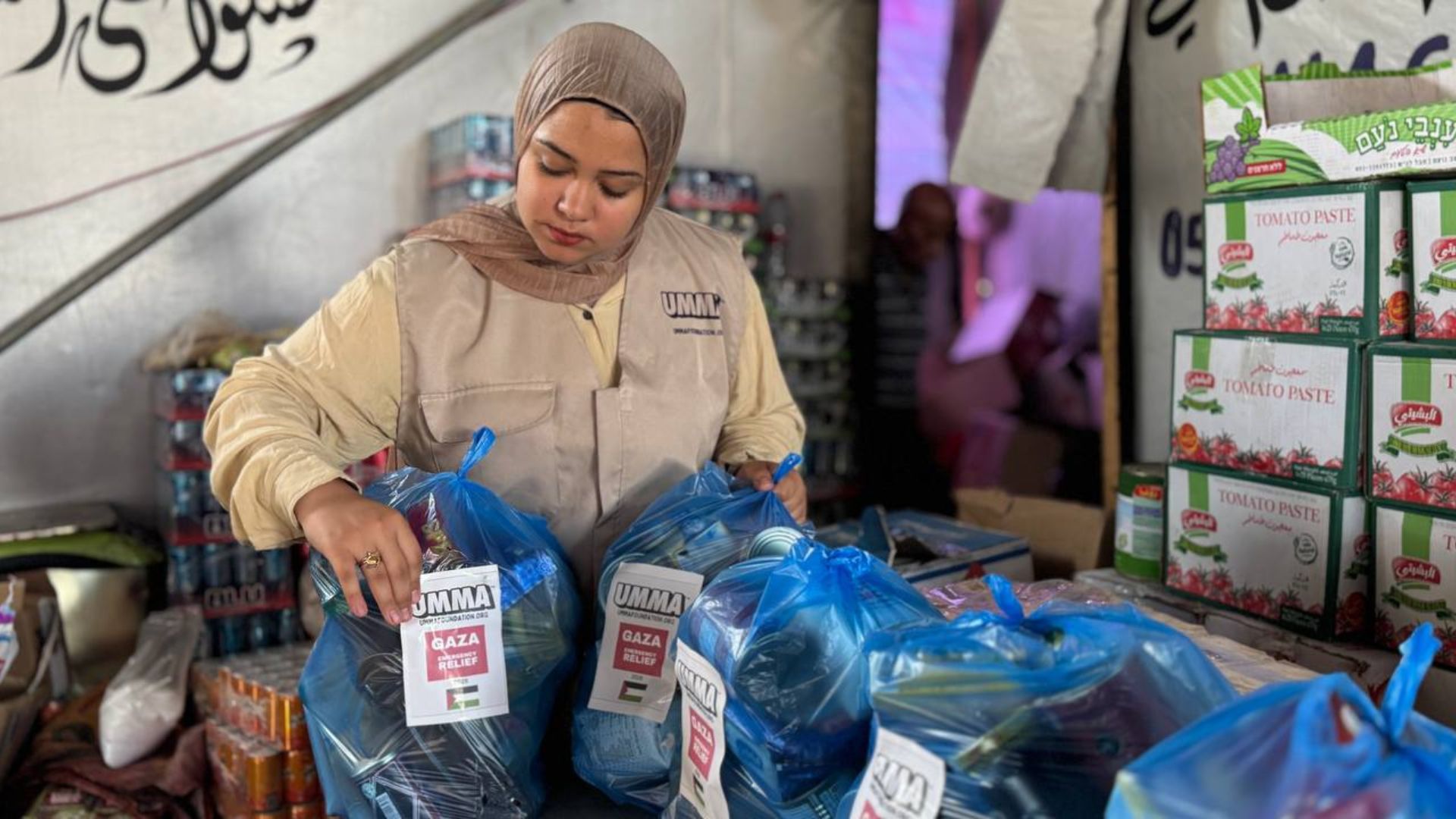In a world where crises multiply faster than solutions, one movement quietly unites hearts across continents — a return to faith-driven generosity. Muslim humanitarian donors are transforming global aid, guided by sincerity (ikhlāṣ), stewardship (amānah), and mercy (raḥmah). As 2025 unfolds, faith-based humanitarian aid is no longer peripheral — it is reshaping how the world gives, from Gaza to Sudan and Yemen.
The Spiritual Foundation of Giving in Islam
Giving lies at the heart of Muslim life. Through Zakāt, Ṣadaqah, and Waqf, Islam built one of history’s most enduring social-solidarity systems.
- Zakāt — mandatory charity that redistributes wealth to relieve poverty.
- Ṣadaqah — voluntary giving, often anonymous, that sustains community life.
- Waqf — endowments supporting schools, clinics, and housing for generations.
According to the Pew Research Center, Muslims give more regularly and with clearer social purpose than most faith communities worldwide.
🔗 Pew Research Center – Religion and Giving
“The example of those who spend their wealth in the way of Allah is like a seed that grows seven ears, and in every ear a hundred grains.” (Qur’an 2:261)
Faith-based giving has become a multi-billion-dollar humanitarian force.
- The Global Humanitarian Assistance Report 2024 shows that faith-based donors contribute over US $20 billion annually, filling gaps left by government funding.
🔗 GHA Report 2024 – Development Initiatives / ALNAP - The UNDP estimates that Islamic social finance (including Zakāt and Ṣadaqah) represents a multi-hundred-billion-dollar potential for sustainable development.
🔗 UNDP – Islamic Finance for Social Good
Faith-based giving isn’t a niche. It is a main artery of global humanitarian funding, rooted in moral obligation rather than market trends.
Why Faith-Based Aid Works Where Others Struggle
Trust and Access
Faith-based NGOs have legitimacy and networks built over generations. In Muslim-majority contexts, donors and recipients share values that make aid both faster and fairer.
The UN OCHA reports that “faith-based actors are often the first and last responders in crisis situations,” using trusted local networks long before international agencies arrive.
🔗 OCHA – Added Value of Faith Actors in Localisation
Ethical Stewardship
Islamic giving demands accountability. Donors expect transparency — and organizations like Umma Foundation meet it head-on with clear reporting.
🔗 Financial Disclosure – Umma Foundation
Spiritual Resilience
Research by the World Bank shows that faith-driven donors sustain longer support cycles and higher retention. Faith motivates purposeful persistence even when attention fades.
🔗 World Bank – Faith-Based Development Partnerships
The Digital Revolution in Muslim Giving
Muslim donors today are young, global, and digital-first. Platforms like LaunchGood, Global Sadaqah, and Umma Foundation’s campaigns are revolutionizing how faith and technology merge.
- Transparent dashboards show live impact.
- Monthly giving ensures stability beyond emergencies.
- Crypto & fintech Zakāt tools enable borderless generosity.
👉 Join Umma’s Campaigns
🤝 Give Monthly to Umma Foundation
Faith in Action – Gaza 2025
In Gaza, where hunger and displacement persist, faith-based donors remain lifelines.
Through Umma Foundation’s Bread Distribution and Orphan Support Programs, local partners deliver daily meals, trauma care, and school materials.
“Even when everything collapses, we rely on Allah — and on each other,” says Mariam, a volunteer mother from Rafah.
Faith here is not charity — it’s infrastructure for survival.
Faith, Accountability & the Future of Aid
The World Humanitarian Summit follow-up report shows that modern donors demand proof of ethics and impact before giving.
🔗 UN – World Humanitarian Summit Report
Faith-based NGOs like Umma Foundation are already ahead — combining ethical clarity, data transparency, and trusted local partners.
How Donors Can Multiply Their Impact
- Prioritize transparency — support NGOs that publish verified spending.
- Support monthly giving — long-term help builds long-term hope.
- Balance local & global — fund community projects that create jobs, food security, and dignity.
- Remember intention (niyyah) — the Prophet ﷺ said: “Actions are judged by intentions.” (Bukhārī & Muslim)
Your generosity is more than aid — it’s worship in action.
FAQs on Faith-Based Humanitarian Aid
Why is faith-based giving so effective?
Because it unites belief, trust, and measurable action — motivating consistent, ethical giving.
Is Umma Foundation faith-based?
Yes. Umma is inspired by Islamic values of compassion and accountability — serving all in need, regardless of faith.
How can I make sure my Zakāt reaches those in need?
Give through verified NGOs with field partners and public reports.
👉 Donate or Give Monthly
Conclusion – Faith as the Future of Global Giving
The rise of Muslim humanitarian donors in 2025 is more than a trend — it is a revival of values that link worship and worldly care.
Faith-based aid turns compassion into strategy and ethics into impact. By supporting organizations like Umma Foundation, every donor helps rebuild not only lives — but trust in humanity itself.











